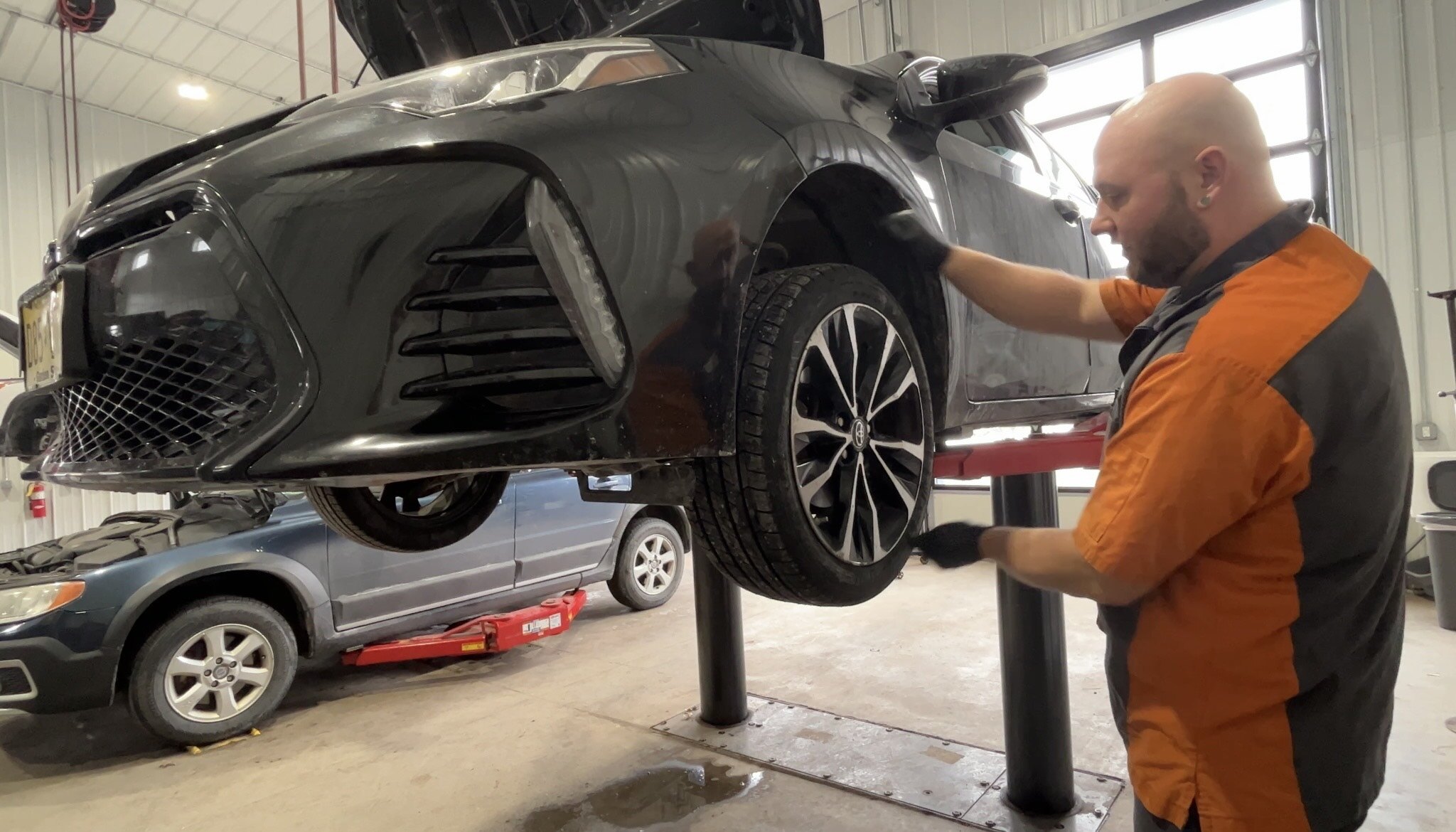When it comes to vehicle safety and performance, wheel bearings play a crucial role. But what exactly are they, and why should you pay attention to them? Let’s break it down.
What Are Wheel Bearings?
As the name suggests, wheel bearings are bearings located on each of your vehicle’s four wheels. They carry the weight of the vehicle and distribute it evenly to the tires, allowing them to roll smoothly down the road. Without properly functioning wheel bearings, your driving experience can become noisy, rough, and even dangerous.
Signs of a Failing Wheel Bearing
One of the most common indicators of a bad wheel bearing is a whirring or humming noise while driving. You may notice this sound when going straight or when making turns—sometimes it becomes more pronounced in one direction. However, it’s important to note that not all failing wheel bearings make noise, so regular inspections are key.
Other symptoms of wheel bearing failure include:
Uneven tire wear
Steering wheel vibrations
Excessive wheel play or looseness
Grinding noises near the brakes
Ignoring these warning signs can lead to serious consequences. In extreme cases, a failed wheel bearing can cause the wheel to detach from the vehicle. More commonly, prolonged neglect can result in further damage, such as the wheel leaning into the brake system, leading to rotor and caliper damage, and ultimately, a much costlier repair.
How We Inspect Wheel Bearings
At DeBoer’s Auto, we check wheel bearings during our routine vehicle health assessment during oil changes and maintenance visits. Our process includes:
Lifting the vehicle to unload the wheel bearing.
Checking for excessive play by testing movement from top to bottom and side to side.
Conducting a test drive if the customer reports unusual noises to pinpoint the exact issue.
What Causes Wheel Bearing Failure?
While high mileage increases the likelihood of wheel bearing wear, it’s not the only factor. Other common causes include:
Hitting curbs or potholes, especially in winter when roads are icy and traction is limited.
Sudden impact damage, can cause premature failure even as early as 30,000 miles.
Lack of proper lubrication, leading to excessive friction and overheating.
Wheel bearings are a vital component of your vehicle’s safety and performance. If you hear unusual noises, feel vibrations, or simply want peace of mind, schedule a wheel bearing inspection today. Don’t wait until a minor issue turns into a major problem!
For more expert car care tips and professional service, visit us at www.autorepair.shop.









